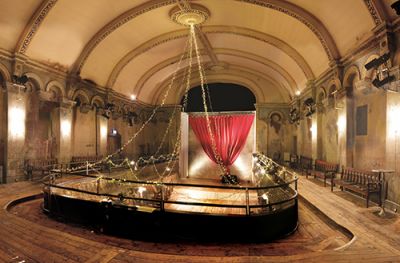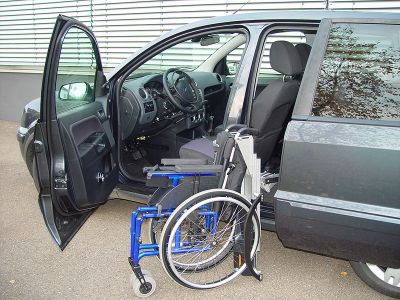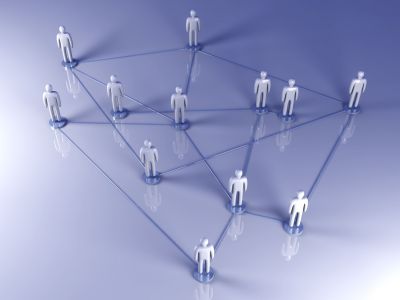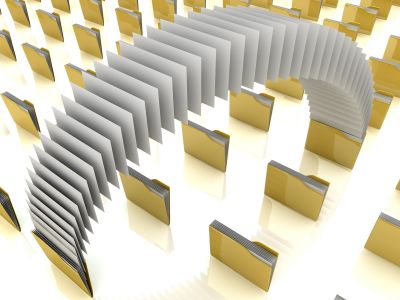
Have you ever seen an engineer conducting an imaginary orchestra? We think of scientists working in a lab, but Professor Tapio Lokki, of the Aalto University School of Science in Finland, has spent the last few years visiting concert halls and making meticulous measurements of their characteristics. 'Karaoke' is Japanese for 'empty orchestra' – and in some ways that is what he has created to help his studies. The research could lead to improved building designs and a form of audio 'Augmented Reality' (AR).

Book a flight online, perform an internet banking transaction or make an appointment with your doctor and, in the not-too-distant future, the 'Internet of Services' (IoS) will come into play. A paradigm shift in the way ICT systems and applications are designed, implemented, deployed and consumed, IoS promises many opportunities but also throws up big challenges - not least ensuring security and privacy, issues currently being tackled by EU-funded researchers.

'Smart Grids' are the future of electricity supply, allowing consumers to become interactive participants in a supply network that includes decentralised as well as centralised power generation. 'Information and communication technologies' (ICT) will help consumers manage and minimise their energy consumption - and allow electricity suppliers to match supply with demand. An EU-funded project has developed ways to collect and analyse the real-time information on energy consumption and generation which will be needed.

In the current economic environment, highly skilled, productive and efficient workers are among a company's best assets. But keeping employees at peak performance and teaching them new skills requires effective life-long learning. A technology-enhanced approach to learning, combining elements from serious games and learning theories, now being developed by EU-funded researchers.

'Assistive technologies' (AT) have developed rapidly in recent years, allowing people with motor disabilities to live more independent and comfortable lives. Now assistive technology systems that can open a door, turn on a light or connect to the internet at the blink of an eye, a head movement or even a thought, are being made more flexible and customisable for individual users - thanks to the work of EU-funded researchers.

As more services are delivered online, outsourcing and other distributed business solutions will become more common. But will they be as reliable? EU-funded researchers are laying the foundations — models, architectures and controls — so that online business relationships can be made secure and trustworthy. For example, hospital IT systems can be made available to all stakeholders — nurses, doctors, pharmacies, patients and relatives — while keeping sensitive data and medical information secure.

A liberal interpretation of the term 'information and communication technologies' (ICT) could easily connect some of the earliest examples to Portugal. How? Thanks to Portuguese technological advances in mapping and navigation, its seafarers were able to discover and later communicate (by sea) with the new network of colonies. Today, Portuguese researchers remain at the forefront of modern networking technology and a good many other ground-breaking fields, from robotics to radio and wireless developments.

Archiving has long been considered a passive process: put the things you want to keep in a cool, dry place and forget about them until needed. But in the digital era, in which photos, videos, documents and other content are on hard drives, flash disks or on servers in ‘the cloud’ rather than in boxes in a cellar, archiving requires a much more active approach. EU-funded researchers are addressing the problem.

The rapid, exponential growth of internet traffic means investment in infrastructure, new technologies and paradigms for getting content to users are needed. EU-funded researchers are pushing these boundaries - changing the way content is delivered so that users can access high-definition (HD) and three-dimensional (3D) video on demand.

Sometimes good things come in small packages and this is indeed true of Luxembourg when it comes to information and communication technologies (ICT). Take the example of broadband rollout. Being a small country means there is less territory to cover, so ultra-fast fixed-line internet connections are widely available and mobile broadband penetration is one of the highest in the EU at 64.8 %, and growing.









